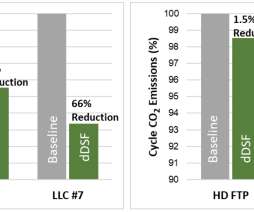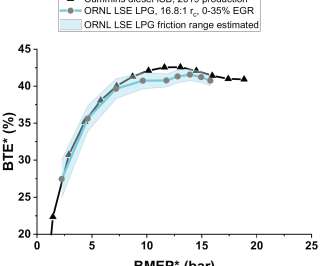Study shows two-stroke scooters dominant source of air pollution in many cities; asymmetric polluters
Green Car Congress
MAY 23, 2014
A study by European researchers has found that two-stroke (2S) scooters, although constituting a small fraction of the fleet, can dominate urban vehicular pollution through organic aerosol and aromatic emission factors up to thousands of times higher than from other vehicle classes. —Platt et al.

























Let's personalize your content